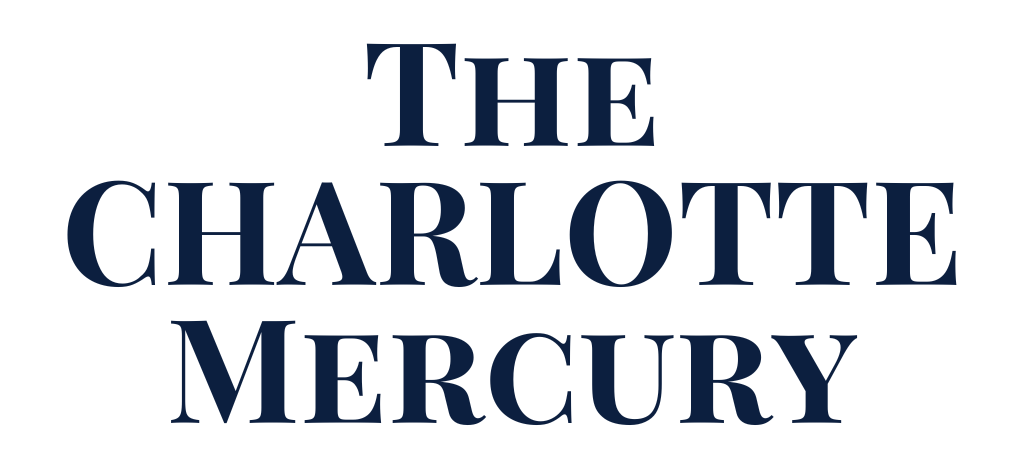
Warren Turner, District 3: Experience Meets a Short Memory
The résumé
Warren F. Turner is a former four-term District 3 council member who left office in 2011 after a bruising stretch that still follows him into this race. He later returned to state work in juvenile and probation services, retiring as a chief probation officer. Now he wants the seat back, arguing the district needs steadier hands on public safety, transportation, and homeowner protections.
The race he is running
District 3 is reliably Democratic and almost certainly decided on Sept. 9. Turner faces incumbent Tiawana Brown—under federal indictment and pleading not guilty—as well as community organizer Joi Mayo. The field has shifted, and a primary win is tantamount to a general win in November.
What Turner is selling
- Public safety: more officers, community policing restored to earlier staffing levels, and targeted gang and drug-interdiction. He frames it as moving from reactive to proactive.
- Homeowner protections: a local version of a Homestead Act to blunt steep property-tax spikes for seniors and working families in fast-changing neighborhoods.
- Transportation: congestion relief and a mass-transit hub that matches Charlotte’s mobility goals; he points to his earlier light-rail work and keeps the door open to a county sales-tax plan for roads and transit.
The record that trails him
An outside investigation in 2010 concluded it was “more likely than not” that Turner made sexually inappropriate remarks to a city employee. Council declined to censure him, but the episode helped end his tenure. He was later fired by the state Department of Corrections for separate performance issues, appealed, and was reinstated with back pay. Turner has called further efforts to relitigate the case a closed chapter, but voters still remember.
The neighborhood map
District 3 stretches from West Boulevard through Steele Creek, including the airport. It is a district where basic services, sidewalks, and crime prevention hit home, and where displacement and rising assessments are not theoretical. That is the terrain where Turner’s policing and homeowner promises will either connect or fall flat.
Who is for him
Turner highlights a familiar coalition of civic figures and clergy, including County Commissioner Vilma Leake and other neighborhood leaders—early signals that some institutional support remains receptive to his comeback.
The field he is facing
The incumbent, Tiawana Brown, is running through a federal case. Her status injects volatility into turnout and endorsements. Challenger Joi Mayo is building neighborhood-first support with SWAN and Nations Ford corridor work. The path to a Turner win runs through older primary voters who recall his district-level projects and will accept his argument that experience—his word—is a virtue, not a rerun.
What to watch between now and ballots
- Public-safety specifics. Hiring timelines, community-policing metrics, and whether his plan goes beyond a staffing number to include youth programs, drug-market interventions, and court coordination.
- Homeowner relief. The mechanics of a local Homestead-style program—eligibility, caps, and fiscal impact—matter as much as the slogan.
- Transit tax posture. The 1-cent package is complicated. Turner acknowledges the need for road, sidewalk, and bus funding; does he set equity guardrails or stay noncommittal.
Strengths, liabilities, and the trust question
Strengths: name recognition, a law-and-order résumé, and a platform that touches everyday pain points—crime, taxes, congestion. Endorsements from established local figures suggest he can still organize a base.
Liabilities: the 2010 case, past losses, and a long time away from elected office. Voters who want new voices can fairly ask whether his second tenure would be different in practice, not just pitch.
Bottom line: District 3 will decide if a familiar figure can re-enter public life with a clearer plan and sturdier accountability. In a race framed by safety, tax pressure, and basic services, the winning message is the one that resists theater and proves delivery.
Service Journalism: How to read this candidacy
Policy: Ask for dates, dollar amounts, and measurable targets on staffing, traffic fixes, and any Homestead relief.
Procurement: Watch whether bids and capital dollars stay aligned with corridor-level needs, not just big projects.
Ethics: Expect transparency pledges and ask for formal commitments—public briefings after closed sessions, posting committee votes, and publishing district dashboards.
The Mercury’s Guide to Everything Charlotte (and where to click it)
We do “slow news,” not slow-walking. Start at The Charlotte Mercury and our Pillar Content in News, Business, Housing, and Politics. For our special election project—equal parts useful and irreverent—join Poll Dance 2025; Join the Dance at CLT Mercury: Election 2025. The fine print that is actually readable: Privacy Policy, About Us, Terms of Service, Media Kit, and Contact Us. Want to tip or gripe? Drop a note on Twix at @QueenCityExp.
About the Author
Jack Beckett is our senior writer who drinks too much coffee, edits even more commas, and quietly hates jargon. If a city memo and a diner receipt can be compared, he will do it—probably before his second macchiato.
Signature: Jack “double-shot, single-space” Beckett, currently replacing meetings with pour-overs.
Creative Commons License
© 2025 The Charlotte Mercury / Strolling Ballantyne
This article, “Warren Turner’s District 3 Comeback Bid: Safety, Taxes, and Trust on the Line,” by Jack Beckett is licensed under CC BY-ND 4.0.
“Warren Turner’s District 3 Comeback Bid: Safety, Taxes, and Trust on the Line”
by Jack Beckett, The Charlotte Mercury (CC BY-ND 4.0)
